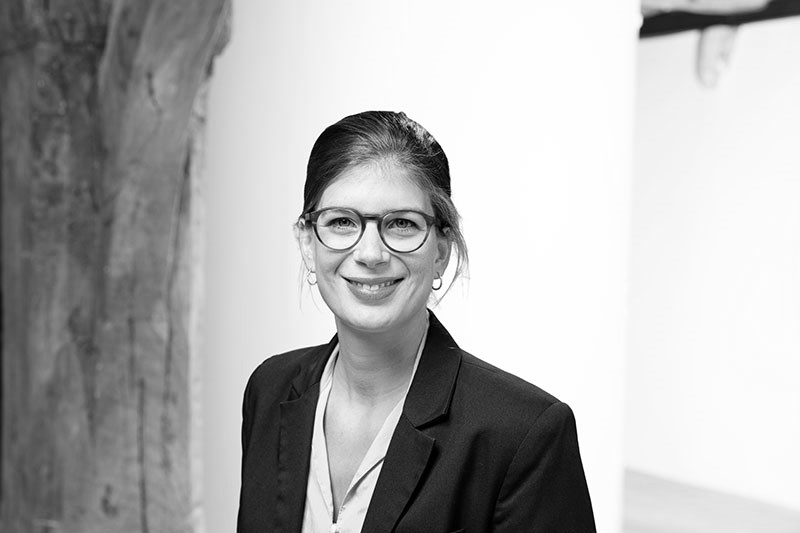UN workers remain often invisible to the non-UN world. Following a cultural anthropological perspective, this blog series offers insights into the everyday (working) life of early career professionals in Geneva.
As a consequence of the evolutions of their tax status in Switzerland, the already precarious situation of young UN consultants in Geneva is expected to be further imperiled. Many of them continue to face economic uncertainties and fear to end up below the national poverty line after paying back the involuntarily accumulated tax debt.
Public awareness and political concerns on the situation of UN consultants working in the so-called International Geneva is recent. One reason for the previous lack of awareness might be that they do not officially belong to the UN workforce nor to the regular Swiss job market. Accordingly, their situation is less visible to the non-UN world. Historically, this job category was created as a short-term assignment to exchange expertise. Today, hiring policies and practice for de facto long-term consultancies and other forms of individual short-term contracts unmask the lacking corporate social responsibility of the UN.
Despite of the large competition and precarious terms of employment, working at the UN is still a vivid dream. A self-initiated anonymous online survey among UN consultants in Geneva shows that over one third of respondents is between 20 and 30 years old, two third are women, 50 per cent are non-EU/Swiss citizens. The profound change brought about with the implementation of the Automatic exchange of information (AEOI) by fall 2018, consultants in Geneva must – even retrospectively – pay Swiss taxes. They are threatened with a fine if they, for any reasons, fail to do so. Their already precarious economic living situation – the professional circumstances build upon the intertwining of feeling privileged while accepting flexible terms of employment – becomes more severe. Thus, many of them might find themselves below the national poverty line and face precarity at the economic level (caused by relatively low salaries and instability) and at the emotional level (stress and anxiety).
After the announcement it was vigorously debated online whether the mandatory taxation has been communicated transparently from the beginning or not – and if certain residence permits would allow this at all. However, in the case of UN consultants, not paying income taxes is more than simply an ethical issue. The contractual conditions exclude them from the (Swiss) social security system (e. g. non-eligibility for unemployment benefits). Needless to say, these circumstances increase the pressure for individuals to compete for a new contract once the last one has ended.
Apparently, both the UN and Swiss authorities have failed to clearly inform consultants about their status. The recent developments in Geneva exemplify the need for a new approach to the way in which the existing structures of the UN staff system operate. UN consultants do neither belong to the workforce of their employing organization nor to the system of any nation state. They find themselves floating in between the national and the international legislation system. In order to comply with its own employment standards (promoted by ILO) the UN should redo its homework by adjusting the staff system (whose roots can be found in the early 1950s) to the changed circumstances. It is of vital importance that the UN member states together with UN bureaucrats and in cooperation with host states such as Switzerland enhance the situation of UN consultants. From the today’s perspective, however, it remains uncertain if the UN can lead by example creating a new work paradigm for young highly skilled contract workers, the UN consultants.
This blogpost is the last of a series of blogposts on UN interns and UN consultants working in the ‘International Geneva’. Go back to the beginning of this blogpost-series.
Image: Unsplash




